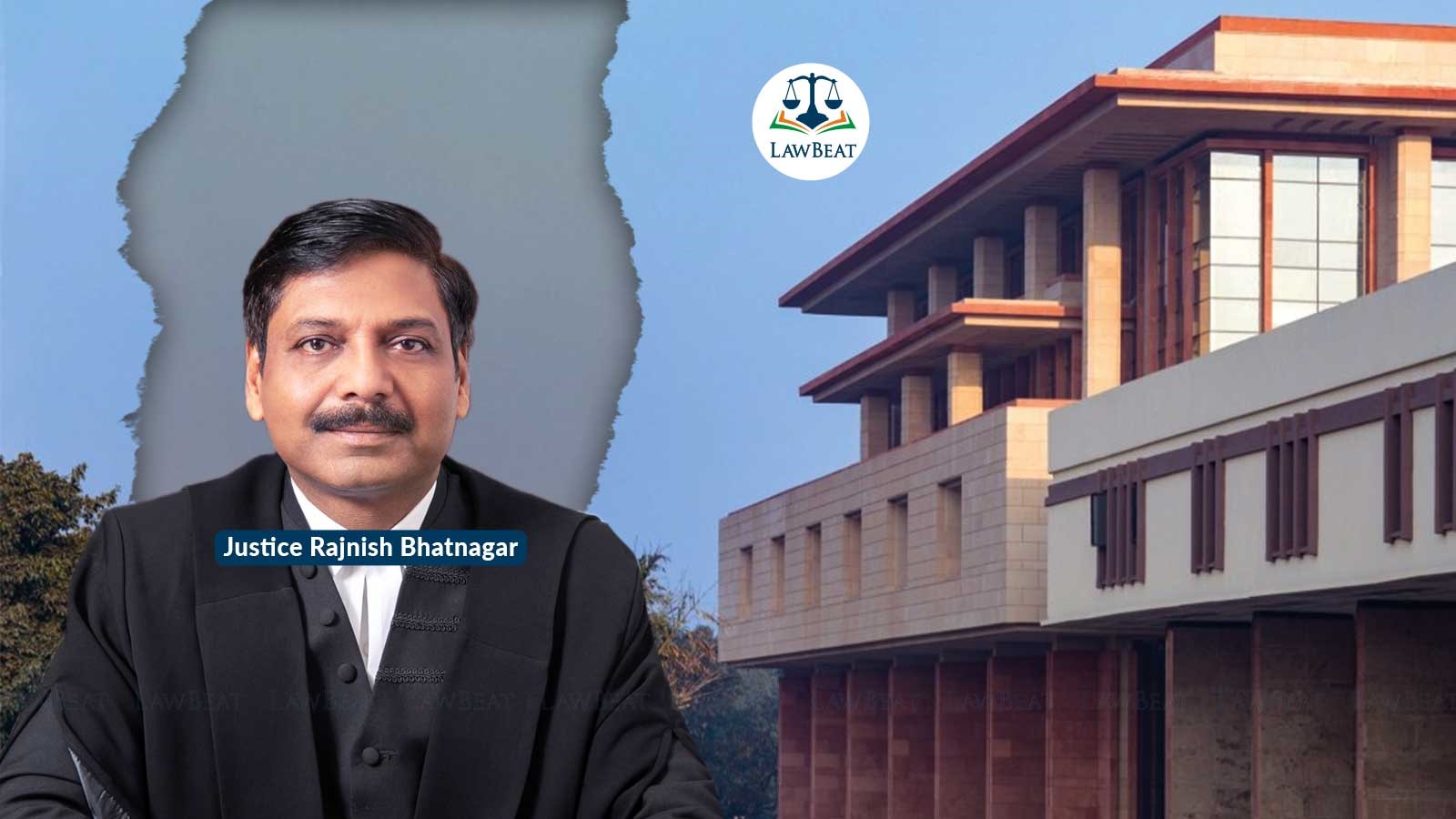'Can't deny final glimmer of hope due to severity of offence': HC grants parole to Afghan national to file SLP against life term

Court held that Omid Hussain Khil alias Umed Milad, an Afghan national, was entitled to parole, as he had also been in jail for around 12 years and six months since his arrest
The Delhi High Court has said that an individual cannot be refused access to a lawful solution in the ultimate court of the country, often seen as a final glimmer of hope, due to the severity of the offence.
Court granted parole to a foreign national for filing a special leave petition in the Supreme Court against the order upholding his conviction and sentence of life term for killing his fiancee.
A single judge bench of Justice Rajnish Bhatnagar said that the petitioner, Omid Hussain Khil alias Umed Milad, an Afghan national, was entitled for parole, as he has also been in jail for around 12 years and six months since his arrest.
The high court also relied upon the Supreme Court's judgment in 'Asfaq v State of Rajasthan' (2017) wherein it was observed that the gravity of offence cannot be a ground to deny parole.
"This court is of the opinion that every individual possesses the right to effectively pursue their legal recourse in the ultimate court of justice within the nation, accomplished by submitting a Special Leave Petition (SLP) through a chosen legal representative. This is an invaluable entitlement that should not be denied solely based on the severity of the offense or the availability of free legal assistance, even if the SLP can be filed from jail itself," the bench said.
"The entitlement of an individual to access a lawful solution in the ultimate court of the country, often seen as a final glimmer of hope, cannot be refused for such reasons. It goes without saying that the act of utilising the legal recourse available in the highest court of the land is a privilege bestowed upon the petitioner, and this court has no intention of revoking that right," the bench added.
The state counsel had opposed the plea contending the petitioner was a foreign national and had committed a grave offence for which he had been convicted.
She had further submitted that the jail superintendent by order on April 13, 2023 had already dismissed the parole application on the ground that the petitioner was a foreign national and the parole could not be granted to him due to gravity of offence, moreover, the address given by him for his stay was unverifiable.
She had also submitted that in such circumstances petitioner may abscond if granted parole.
The petitioner, on his part, had sought parole for filing the SLP against the high court's order of September 22, 2023, which upheld the trial court's order of conviction and sentence awarded on October 5, 2021.
He had further submitted that due to this prolonged period of continuous incarceration, he had been suffering from grave mental health repercussions, including severe medical ailments like insomnia, sever migrane and neurological issues.
The high court in 2022 had held the prosecution had proved beyond reasonable doubt that the appellant committed the murder of Paimana in a Guest House here, thereby committing the offence punishable under Section 302 IPC. The prosecution had claimed the girl was killed by the accused as she had refused to marry him.
The accused was nabbed from the airport as he was stopped by the immigration officer when he tried to take the flight to Afghanistan on March 4, 2012.
Case Title: OMID HUSSAIN KHIL @ UMED MILAD v. STATE OF NCT OF DELHI & ANR
